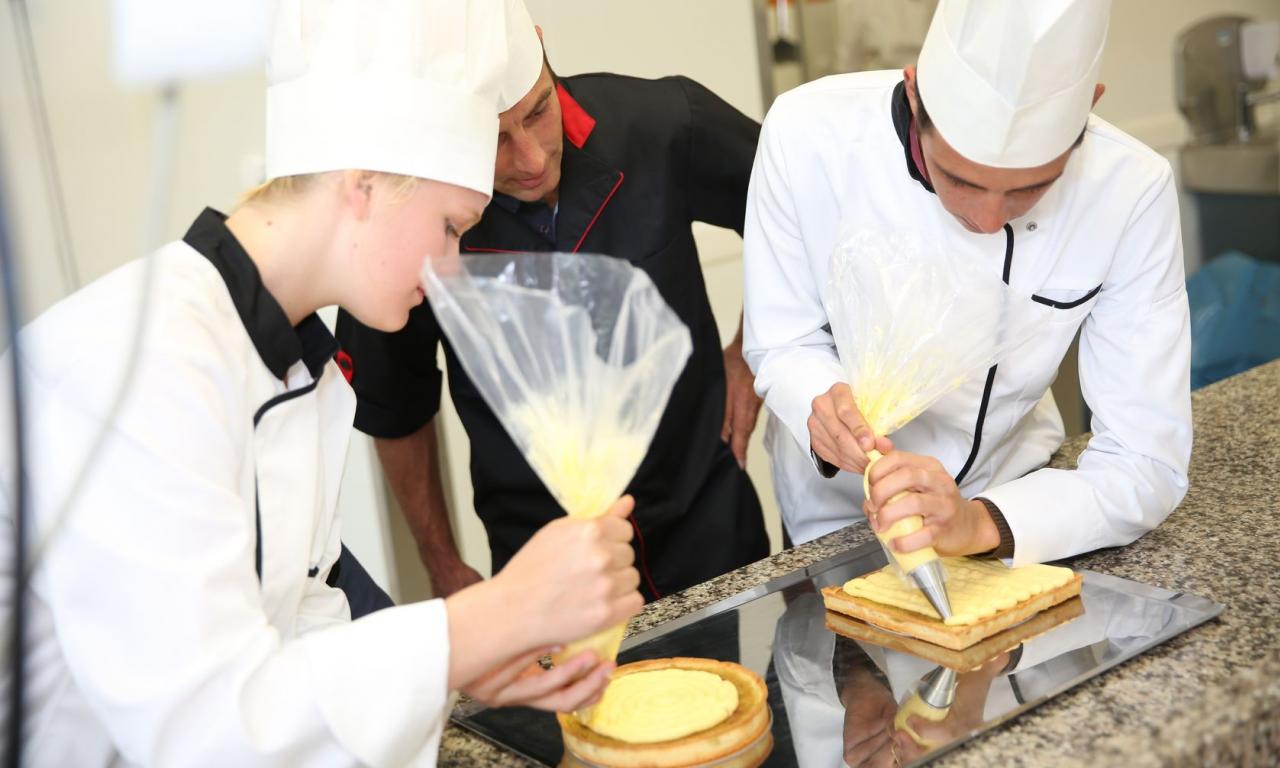What Are Vocational Qualifications?

Head of Sound Engineering at Universal Music, Head Buyer for Next Fashion and Head Chef at a Michelin-Star restaurant seem amazing jobs, but did you know it may have been easier to start your career path to these jobs by studying vocational qualifications rather than A-levels?
Vocational qualifications are work-related qualifications available in a wide range of career areas. They are designed to let you acquire knowledge and skills that meet recognised standards necessary to perform a particular role in the workplace.
They are called National Vocational Qualifications (NVQs) in England and Wales, and Scottish Vocational Qualifications (SVQs) in Scotland.
Work performance is assessed by on-the-job training and observation rather than exams.
Since they are broken down into units covering different aspects of a particular job, they are flexible enough to allow you to use some units gained for one job to count towards qualifying for another if you decide to change careers.
NVQs and SVQs are available in five levels, the lowest being Level 1.
Please note that vocational qualifications from Level 3 may be used to apply for higher education courses.
Most UK universities accept BTEC level 3 vocational qualifications (at pass, merit and distinction levels) in the same way they accept A-levels at grades A to C.
It's all about how many UCAS points your course is worth.
However the added advantage is that by studying a vocational qualification e.g. BTEC level 3 diploma in Fashion rather than an A-level e.g. History of Fashion, the focus of the qualification is on the practical skills you learn rather than the academic study.
Vocational subjects studied at level 3 instead of A-levels can be across a very broad range of subjects; from the traditional Electrical and Mechanical Engineering or Construction Building Studies to the more innovative Fashion and Footwear or Land and Waste Management.
To gain your qualification most of these courses have a combination of assessment throughout the 2 years of study as well as final end of course exams whereas A-levels have recently changed to just these final exams.
Course assessment focuses on the practical skills and knowledge you develop throughout your course and the genuine industry projects you work on.
This can be seen as a tangible advantage by employers when you are applying for jobs after university, as you have hands-on experience that they desperately need from their new employees (as well as academic skills gained at university).
Many universities recognise that the concrete real-world skills learnt and developed during your BTEC course have helped you hone and improve your self-confidence and independent thought.
You will have gained experience in finding common sense, pragmatic solutions to everyday challenges (which you will need at university) probably more than if you’d studied an English A-level, listening to a tutor teach you academic knowledge for 2 years.
This is one of many reasons universities welcome students with BTEC qualifications with open arms. In addition employers are usually involved in partnerships with the school/college in setting projects within BTEC courses which relate to work issues they are encountering in the office.
This will give you valuable commercial experience on your course before you go to university. Most vocational qualifications will build into the course a significant block of work experience so that you are out and about working in the business world while developing new talents.
The most popular BTEC courses for university are currently:
- Business
- Computing
- Construction Engineering
- Performing Arts
- Sports Science and
- Health and Social care
although the range is vast including Environmental Studies, Hospitality, Travel and Tourism and Animal Management, to name a few others.
For more information, please see our guide to BTECs.
Due to the very practical nature of vocational qualifications, they bring out the entrepreneur in all of us. Ideas and projects which you sharpen your skills on during the course can turn into real business successes and you could find yourself a self-made entrepreneur starting up your own business.
Why not give yourself a head start in your career and study vocational qualifications? They are definitely not a waste of time.
They are, in fact, well respected and widely accepted by universities and highly valued by employers for the industry level skills and talents they help you acquire.
So why not investigate your options today and see what else vocational qualifications have to offer?
Further information
For more tips and advice on applying for vocational qualifications, please see:
Comments
Most vocational
Wed, 13/04/2016 - 09:23
Most vocational qualifications will build into the course a significant block of work experience.... thanks for share..